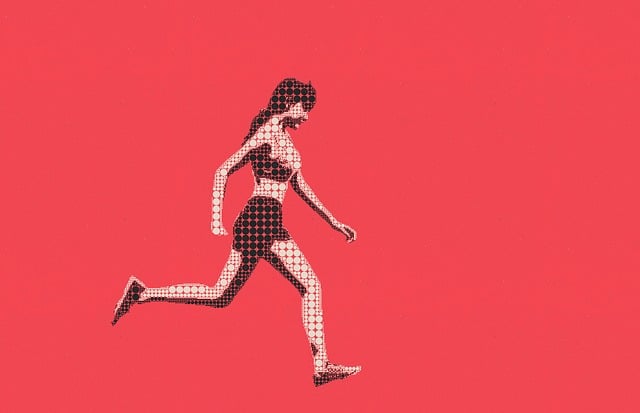Kratom's popularity as an energy booster hides potential side effects, particularly hair loss, whose causes remain unclear but may involve hormonal imbalances and nutrient absorption disruption due to its opioid receptor interactions. Understanding these mechanisms is crucial for making informed choices regarding natural energy boosters. While kratom may not be suitable for everyone, safer alternatives like rhodiola rosea and ginkgo biloba, along with lifestyle changes, offer sustainable energy solutions. Individuals concerned about hair loss associated with kratom should reduce or pause intake, promote hair health through supplements and hydration, and maintain a nutritious diet to mitigate these side effects.
Discover the natural world of energy boosters with a unique herb, kratom. This ancient remedy has gained popularity for its potential to enhance focus and stamina. In this article, we explore how kratom can impact your energy levels and even contribute to hair health. We’ll also delve into other natural alternatives and discuss the importance of balancing consumption to manage side effects like hair loss, offering a comprehensive guide to optimizing wellness with these powerful substances.
- Unraveling Kratom's Impact on Energy and Hair Health
- Exploring Natural Energy Boosters Beyond Kratom
- Balancing Act: Managing Side Effects for Optimal Wellness
Unraveling Kratom's Impact on Energy and Hair Health

Kratom, a natural herb originating from Southeast Asia, has gained popularity for its potential energy-boosting properties. While it is often used to combat fatigue and enhance focus, it’s important to understand its effects on the body holistically. One aspect that warrants attention is its impact on hair health. Some users report experiencing hair loss after incorporating kratom into their routine, raising questions about its underlying mechanisms.
The connection between kratom and hair loss isn’t fully understood, but researchers suggest it could be multifactorial. Kratom’s ability to interact with opioid receptors in the body might influence hormonal imbalances, which can, in turn, affect hair growth. Additionally, certain compounds in kratom may disrupt nutrient absorption, leading to potential deficiencies that impact overall health, including hair follicles. Understanding why does kratom cause hair loss is crucial for users to make informed decisions and maintain optimal well-being while exploring natural energy boosters.
Exploring Natural Energy Boosters Beyond Kratom

While kratom is often sought as a natural energy booster, it’s important to note that it may not be suitable for everyone, and its effects can vary greatly from person to person. Beyond kratom, there are several other natural substances known to enhance energy levels. For instance, certain herbs like rhodiola rosea and ginkgo biloba have been shown to improve focus, mental clarity, and physical performance. These herbs work by increasing the availability of nitric oxide in your body, which dilates blood vessels and improves oxygen flow to muscles, leading to enhanced endurance.
Additionally, lifestyle changes such as regular exercise, adequate sleep, and a balanced diet can significantly impact energy levels. For individuals concerned about potential side effects like hair loss associated with kratom use, exploring these natural alternatives might be beneficial. Maintaining a healthy lifestyle in conjunction with these natural energy boosters could provide a more sustainable and holistic approach to boosting energy without potential drawbacks.
Balancing Act: Managing Side Effects for Optimal Wellness

Kratom, while known for its energy-boosting properties, is not without potential side effects. One notable concern is hair loss, which has been reported by some users. Understanding why kratom causes hair loss involves delving into its mechanism of action. The plant contains alkaloids that interact with opioid receptors in the body, leading to various effects including increased energy and focus. However, this interaction can also disrupt hormonal balance, particularly with prolonged use. Hormonal imbalances, in turn, can contribute to hair loss by affecting the growth phase of hair follicles.
Managing these side effects requires a balanced approach. For those experiencing hair loss, reducing or pausing kratom intake might be necessary. Additionally, incorporating supportive supplements like biotin and vitamin D can help promote hair health. Equally important is staying hydrated and maintaining a nutritious diet rich in essential nutrients to support overall wellness. By carefully considering these factors, individuals can optimize their experience with kratom while minimizing potential adverse effects, ensuring a healthier balance for optimal wellness.
Kratom has emerged as a popular natural energy booster, offering potential benefits for both energy levels and hair health. However, while it may provide a temporary boost, it’s crucial to consider its side effects, particularly hair loss, which can be a concern for some users. Exploring alternative natural energy boosters and learning to manage kratom’s side effects is essential for achieving optimal wellness. By understanding the impact of these substances on your body, you can make informed decisions to support your overall health and well-being.














